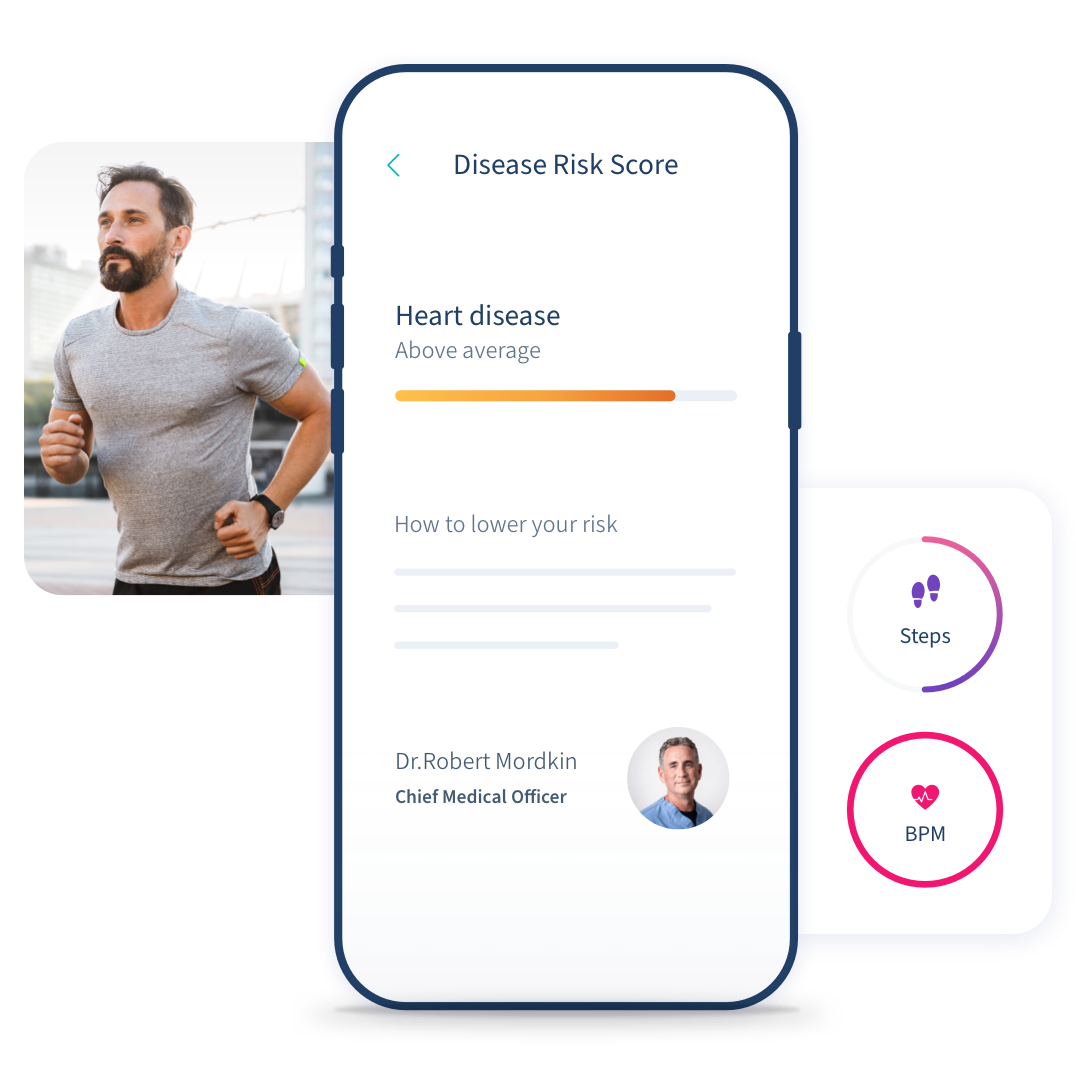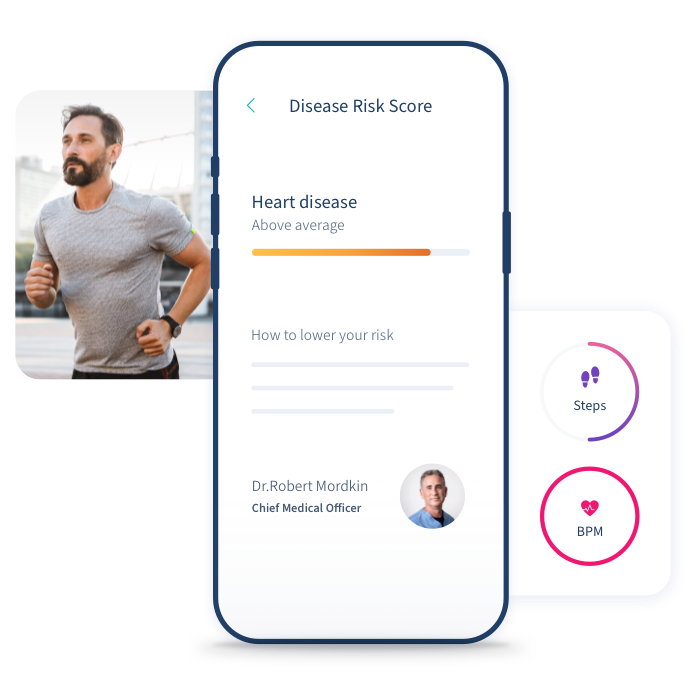Celiac Test
Easy-to-use Celiac test that will screen for celiac disease antibodies with online results in 2-5 days.
What does it screen for?
Tissue Transglutaminase (tTG) and
Endomysial Antibodies (EMA)



Collection Methods
Finger prick
FSA & HSA Cards Accepted
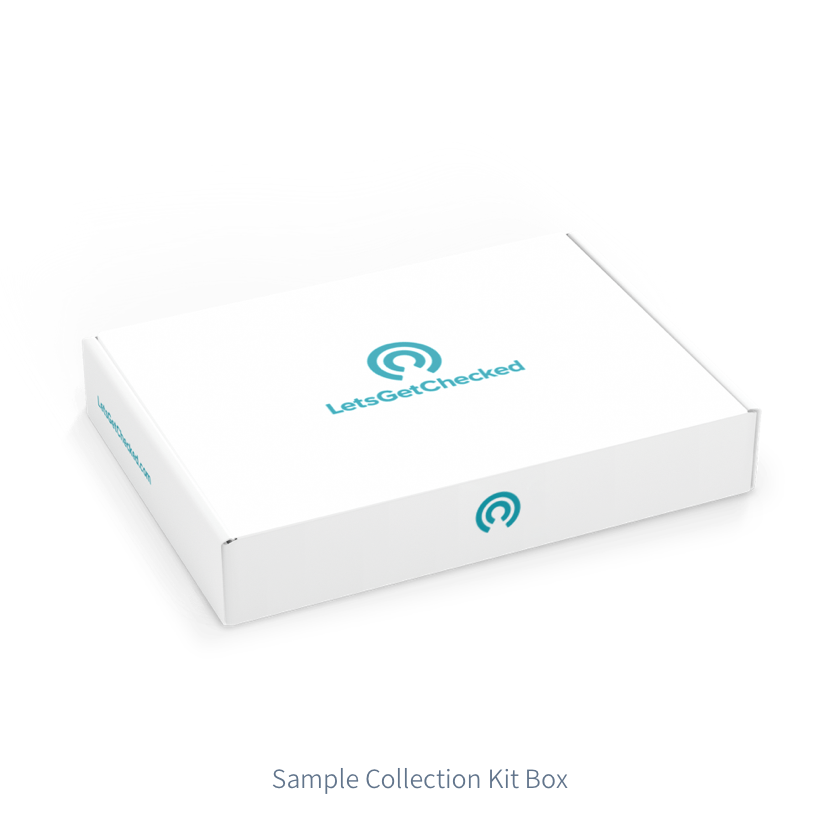
About this test
About this test
Symptoms
There are 300 symptoms of Celiac disease however the symptoms include:
severe bloating
unexplained iron-deficiency anemia
fatigue
bone or joint pain
arthritis
osteoporosis or osteopenia (bone loss)
liver and biliary tract disorders
depression or anxiety
peripheral neuropathy (tingling and/or numbness or pain in the hands and feet)
seizures and migraines
missed menstrual periods
infertility or recurrent miscarriage
canker sores inside the mouth
dermatitis herpetiformis (itchy skin rash)
When to test
You should take the Celiac Test if you experience unpleasant symptoms after eating products that contain wheat, rye, barley, and oats. The sample must be collected following six weeks of a gluten-containing diet to ensure accurate results.
You should take the test if:
You are experiencing digestive discomfort for over two week
You have had diarrhea for over two weeks
You have thyroid issues
You have type 1 diabetes
You have Turner syndrome
You suffer from rheumatoid arthritis
You suffer from colitis (inflammation of the inner lining of the colon)
The sample must be collected in the morning, Monday - Friday, and returned on the same day. This sample must be collected following at least 6 weeks of a diet containing gluten.
What's measured
Tissue Transglutaminase (tTG)
Tissue Transglutaminase is an enzyme that repairs damage in the body. Low levels of transglutaminase tissue in the blood are indicative of Celiac disease. The harmful antibodies in their place are known as anti-tissue transglutaminase.
Endomysial Antibodies (EMA)
When the body perceives that it is under attack, it produces endomysial antibodies (EMA). These auto-antibodies cause intestinal swelling and prevent nutrient absorption into the blood. High levels of endomysial antibodies indicate that you have Celiac disease.
How it works
Collect your sample
Activate your test and collect your sample in the morning. Return your sample on the same day, using the prepaid shipping label provided.
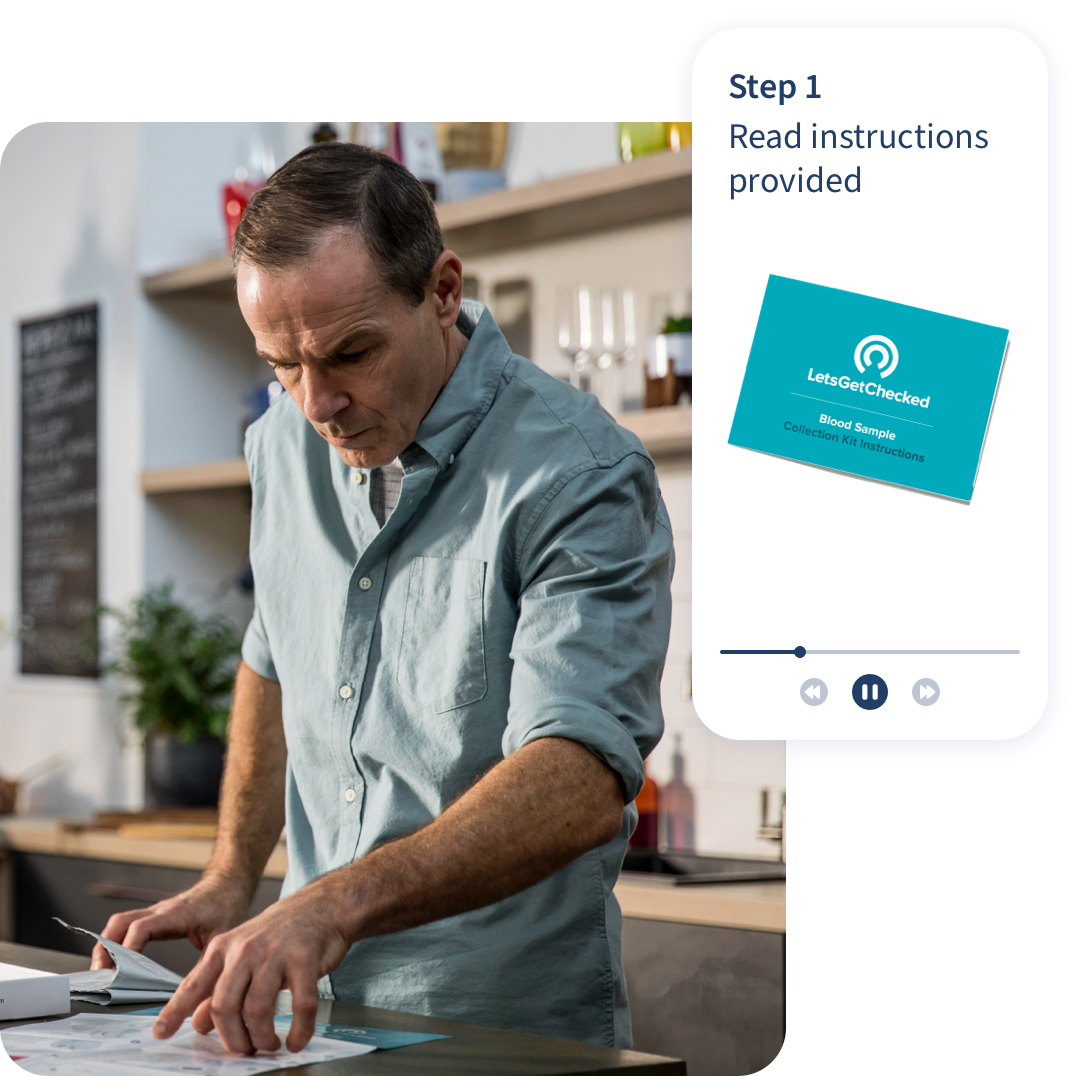
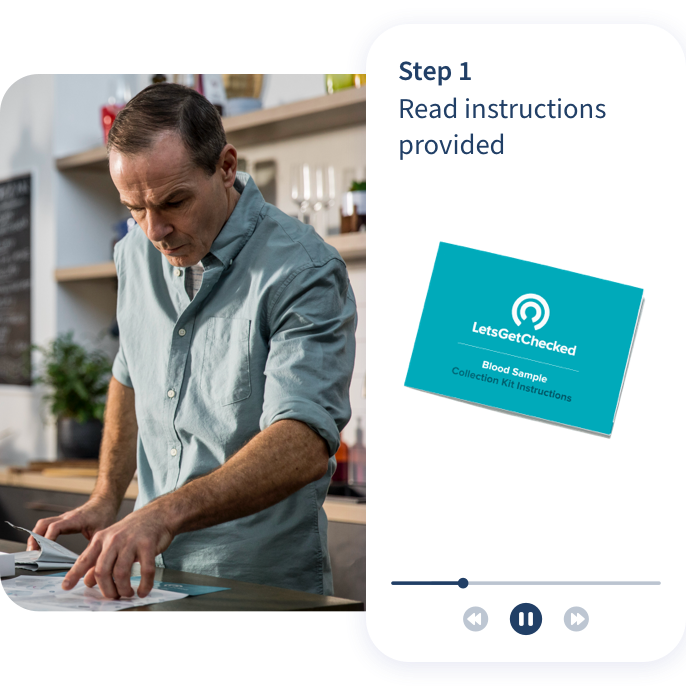
Review accurate results
Once your sample arrives in the laboratory, confidential results will be available from your secure online account within 2 to 5 days.
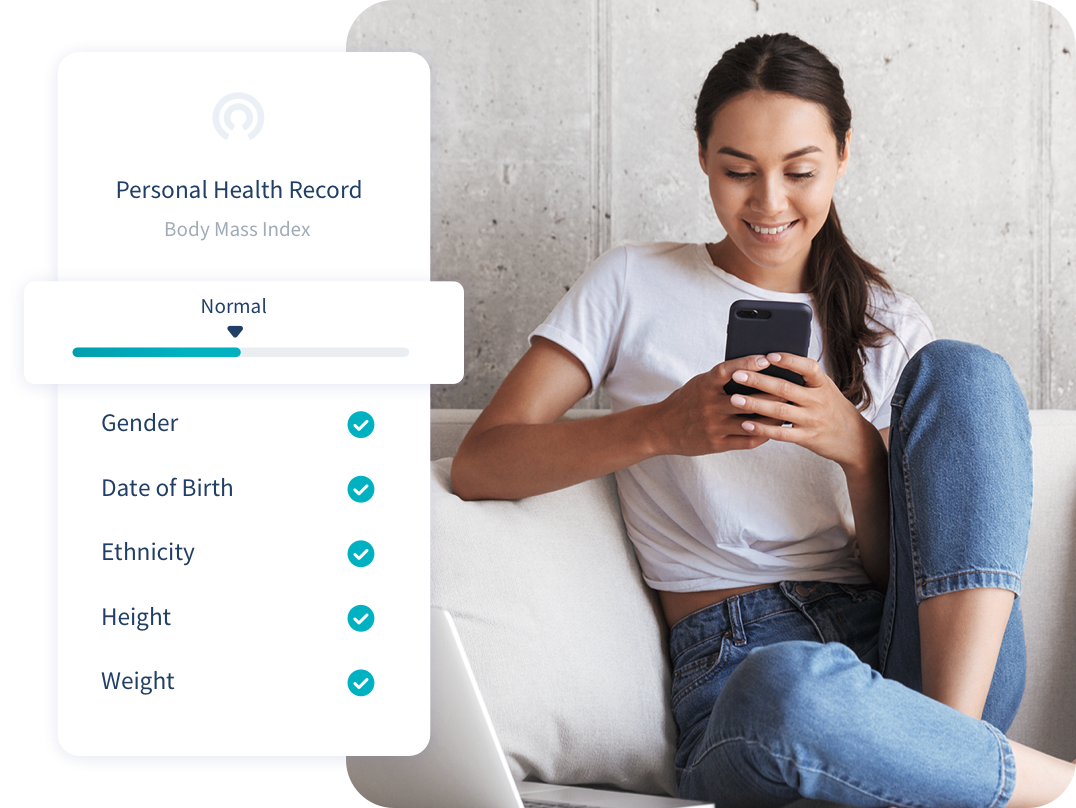
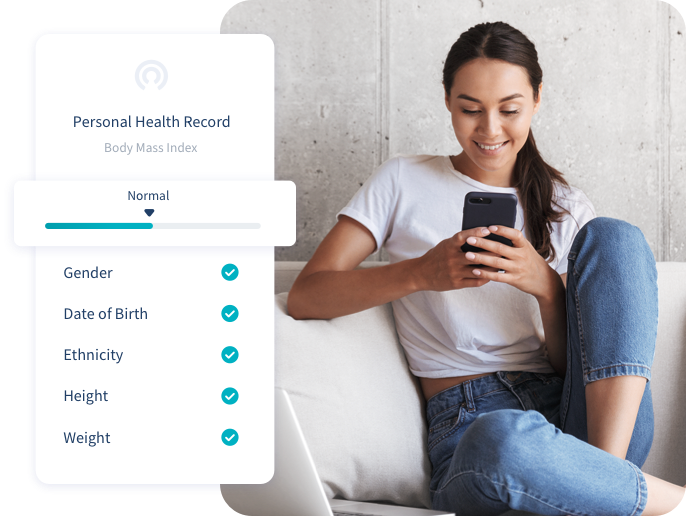
Get medical support
Our dedicated clinical team are here to support you and may call you to explain your results and provide guidance on your next steps.


Still have questions?
Here are some questions we usually get about LetsGetChecked. If you would like yours answered, please get in touch.
Activating the kit connects you to the unique alphanumeric barcode within your LetsGetChecked sample collection kit. The laboratory cannot process your sample if the kit is not activated and linked to you.
LetsGetChecked has a team of board-certified physicians who have created expert support materials and detailed result breakdowns for your testing journey. Our clinical team is on standby throughout the testing process and, if you test positive, you may receive a call to discuss your results.
The sample must be collected in the morning, Monday - Friday, and returned on the same day.
This sample must be collected following at least 6 weeks of a diet containing gluten.
Keeping your personal data secure is important to us. We use appropriate technical and organizational measures to ensure security and confidentiality of your information, and only share your information where required to deliver our products and services or where we have a legal basis to do so. All samples are disposed of following analysis.
Your samples are analysed with CE-marked tests in the same labs used by primary care providers, hospitals, and government programs.
LetsGetChecked laboratories are CPA-approved and ISO certified, which are the highest levels of accreditation.
Our home sample collection kits are manufactured within our ISO 13485 certified facility, the highest level of accreditation for medical devices.
We don’t accept insurance at this time. We work to keep our tests as affordable as possible and our test costs are generally lower than the costs incurred from a trip to a healthcare provider. We accept many Flexible Spending Accounts (FSA) and Health Savings Accounts (HSA) cards. They can be used in the same way that a debit or credit card would be used at checkout.


